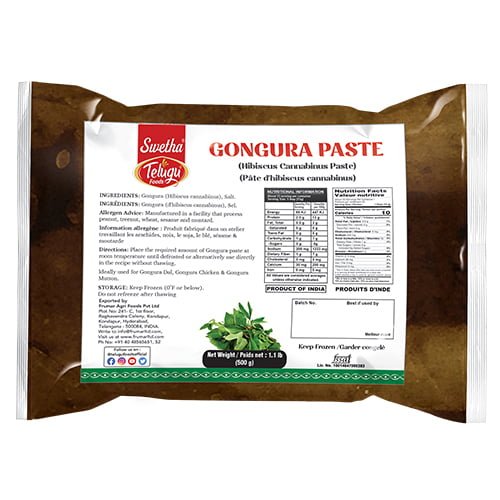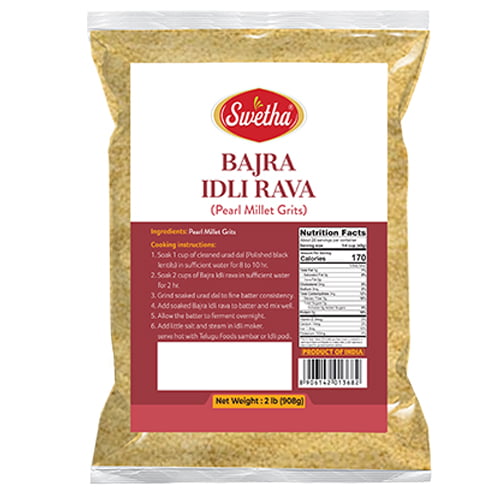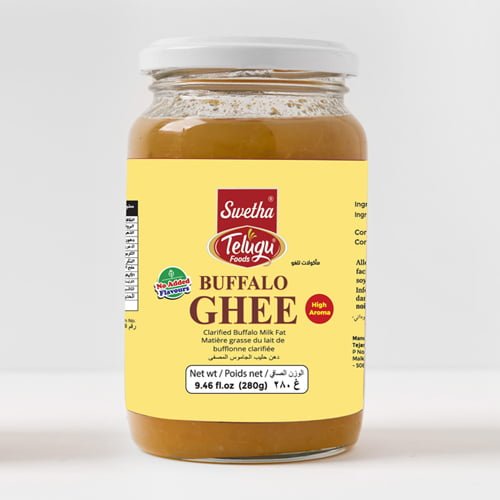The Origins of Grated Coconut in Telugu Cuisine
The rich tapestry of Telugu cuisine is woven with a variety of ingredients, among which grated coconut holds a place of prominence. Historically, coconuts are one of the primary crops grown in the coastal regions of Andhra Pradesh and Telangana, where they thrive in the region’s humid tropical climate. Grated coconut has been an integral part of Telugu culture, enhancing the flavors and textures of numerous traditional dishes.
In Telugu households, grated coconut is commonly employed in a range of recipes, from everyday meals to elaborate festive preparations. Its use is prevalent in both savory dishes, such as coconut chutneys and various curries, and sweet delicacies like payasam. The addition of grated coconut not only elevates the taste profile but also contributes to the overall nutritional value of the meal. Rich in fiber and essential minerals, coconuts provide numerous health benefits, making them a cherished ingredient in the diet of the Telugu people.
When it comes to sourcing, the types of coconuts commonly utilized in Telugu cuisine include the tall and dwarf varieties, which are known for their distinct flavor profiles and higher oil content. The fresh coconuts are typically processed by grating, a method that enhances their aromatic qualities, making them ideal for culinary applications. This preparation method is often carried out manually using traditional tools, ensuring that the natural oils and flavors remain intact.
The cultural significance of grated coconut extends beyond mere sustenance; it is also associated with various rituals and celebrations in Telugu culture. From weddings to religious ceremonies, coconut preparations symbolize prosperity and fertility, making them prominent features of these events. Thus, understanding the origins and applications of grated coconut in Telugu cuisine reveals not only its local importance but also the potential for global market distribution, as its popularity continues to grow among diverse culinary traditions.
Seeking Global Distribution: Challenges and Strategies
The pursuit of global distribution by Telugu Foods, primarily focused on grated coconut products, has not been without its challenges. Entering international markets necessitates a stringent adherence to food safety regulations. Different regions enforce their own compliance measures, which can complicate product formulation and packaging. For instance, the necessity to avoid allergens or adhere to organic certification in certain markets mandates extensive research and adaptation of the traditional recipes. Adapting to these regulations while retaining the authentic taste of grated coconut has proven to be a significant challenge.
Another hurdle faced by Telugu Foods lies in the stark cultural differences in food preferences across various demographics. Consumers in different countries exhibit unique tastes, and what is popular in one region may not have the same appeal elsewhere. This cultural variance requires Telugu Foods to have a deep understanding of regional flavors and incorporate these insights into their product innovation. The challenge lies not just in flavor but also in understanding packaging preferences—be it bulk packaging for family sizes or single servings for convenience-driven consumers.
Competition with established international brands presents yet another obstacle. Established players already dominate the market, making it essential for Telugu Foods to carve out a unique space. To counter this challenge, the company has employed several effective strategies. Innovative marketing techniques, such as leveraging social media to reach new audiences, have been pivotal. Additionally, forming partnerships with local distributors allows Telugu Foods to tap into existing supply chains and gain insights into local market demands. Adapting their packaging and product offerings to be culturally relevant has also enhanced their acceptance in diverse markets. By embracing these strategies, Telugu Foods strives to expand its global presence while honoring its traditional roots.












Reviews
Clear filtersThere are no reviews yet.